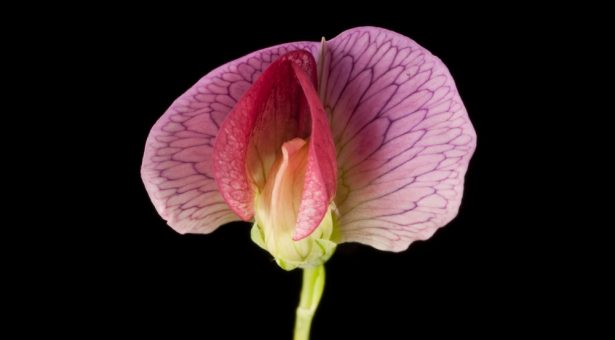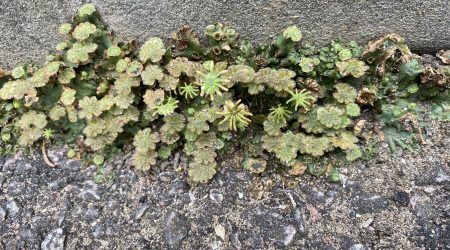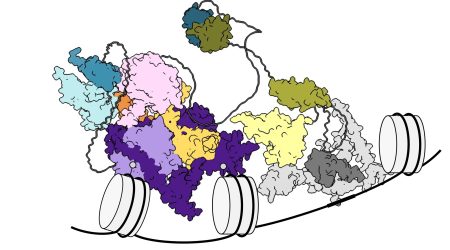New research into plant colours sheds light on antioxidants

Scientists have made an important advance in understanding the genetic processes that give flowers, leaves and plants their bright colours.
The knowledge could lead to a range of benefits, including better understanding of the cancer-fighting properties of plant pigments and new, natural food colourings. The research is highlighted in the new issue of Business from the Biotechnology and Biological Sciences Research Council (BBSRC).
The scientists, at the John Innes Centre and Institute of Food Research in Norwich, have pinpointed a key group of enzymes involved in the production of plant pigments.
The pigments, called anthocyanins, are what give some plants the vivid colours that they use to attract insects and foraging animals. They also give plants protection against environmental stresses and disease.
Hundreds of different anthocyanins exist in nature, all with slightly different chemical compositions. The international research team, supported by BBSRC, identified the genes responsible for the enzymes which chemically modify anthocyanins to alter their properties.
Professor Cathie Martin at the John Innes Centre who co-led the project explains: “Using a new strategy, we conducted biochemical studies on the brassica plant Arabidopsis. We found that a small number of genes responsible for the enzymes that chemically modify anthocyanins were ‘switched on’ when the plants were making anthocyanins in response to stress.
“When we transferred these genes to a tobacco plant, the colour of the tobacco flowers changed slightly, confirming that these genes, and the enzymes that they produce, were indeed responsible for modifying anthocyanins.
“What’s more, these anthocyanins that had been modified by the enzymes were more stable than those that hadn’t. This is significant because stabilised anthocyanins could be used as natural food colourants to replace many artificial colours used in various foods. This improved understanding of the genetics of anthocyanins also provides a better platform for studying their antioxidant properties, important in the fight against cancer, cardiovascular disease and age-related degeneration.”



